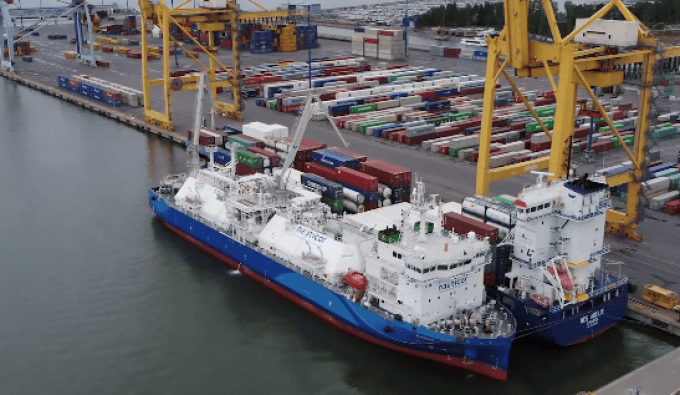EXCLUSIVE: Schenker top exec departs 'One DSV' – fishing continues (Part 1)
To be updated

Unifeeder’s plans to cut emissions have been boosted by its new agreement with ZeroNorth, to provide Carbon Intensity Indicator (CII) analytics, voyage optimisation and bunkering analytics across its fleet in preparation for new environmental regulations to be enforced in January next year.
Some 90 vessels are ...

Comment on this article